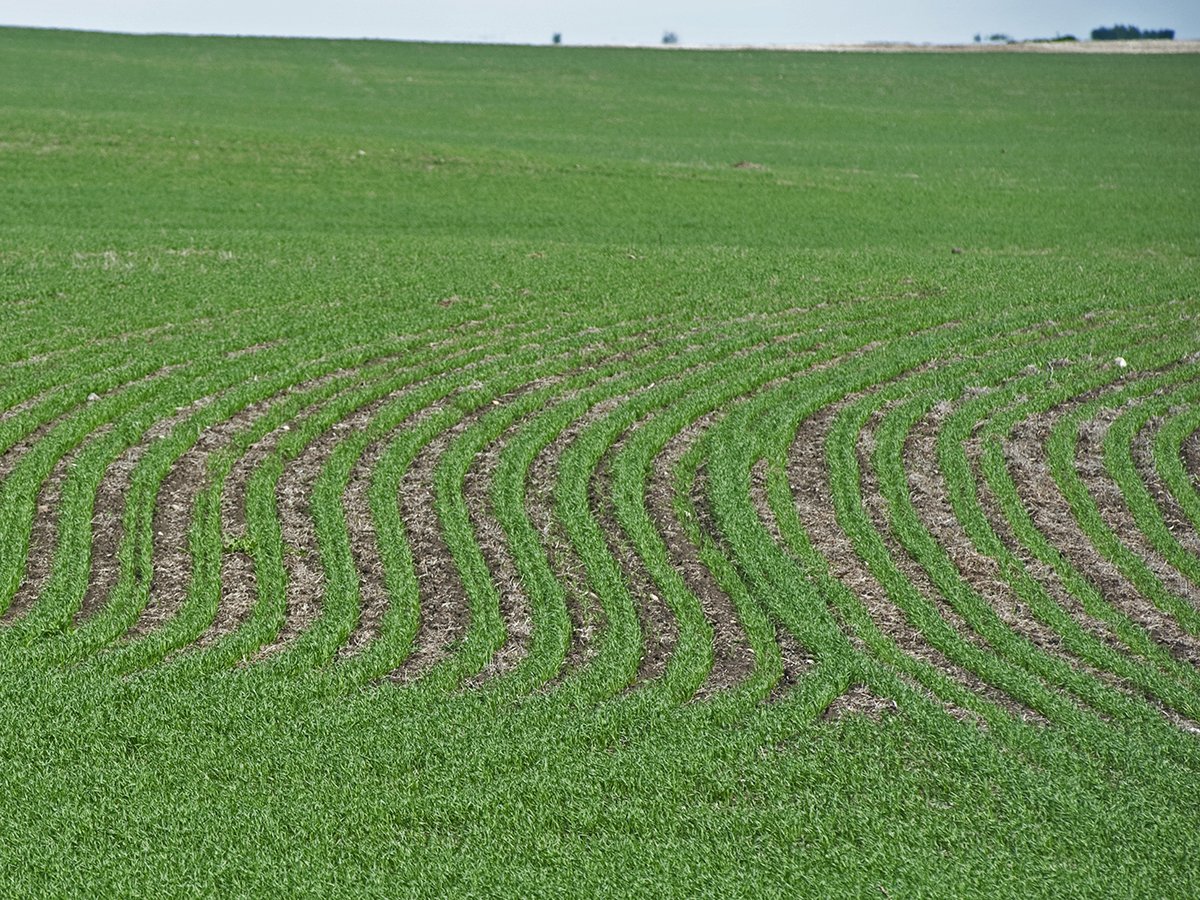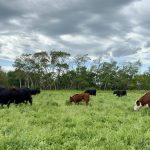When Merle Good looks at all the changes and complexities introduced by proposed changes to farm taxes, he understands why farmers might get confused.
But the Alberta farm succession and estate planning specialist says farmers can understand a lot by just thinking about three pointed questions, rather than all the fine print, at least as a start:
1) Will I be penalized if I sell my land to my own farm corporation or a family member’s farm corporation, rather than selling to a stranger, when I move toward retirement?
Read Also

Rented farmland jumps 3.4 million acres in Saskatchewan and Alberta
Farmland rented or leased in the two provinces went from 25.7 million acres in 2011 to 29.1 million in 2021, says Census of Agriculture data.
Unfortunately, the answer is probably “yes.”
The tax changes appear to prevent a farmer selling his land to his own or a family member’s company and by claiming their capital gains tax exemption create a tax paid shareholder loan.
In other words, they could claim the exemption, but the proceeds received from the family owned company could be deemed to be a dividend rather than a capital gain, and taxed anyway.
That would not apply, however, if the land was sold to a neighbour.
2) Will my family be penalized if I transfer land to a child?
The answer is also probably “yes.” Any gain in the value of the land between the child’s birth and their 18th birthday is not eligible for their capital gains tax exemption. If the child sells the land in the future, the tax-free portion would be massively reduced, depending upon the gain over those 18 years, creating a significant tax liability.
3) Will I be penalized for holding cash or other non-farming assets within a farm corporation as I build up capital to make future asset purchases?
The answer here is a “maybe.” The government’s intentions here have not been spelled out, but if farmers are not allowed to hold more than 10 percent of the value of a farm in non-farm assets, farmers might have trouble building up enough money for future land or machinery purchases.
The federal government hits Tax Free Savings Accounts with penalties if people contribute too much into them, so could the same sort of penalties be applied to farm corporations that have too high a proportion of cash? That remains to be seen, Good said.
Farmers need to talk to their accounting and tax professionals, because the implications of any of these situations, some of which are retroactive, and which could have a major effect on a farm family’s finances and succession planning.
As well, there are many more questions that need to be ad-dressed and considered, without much time to do so, Good said.















